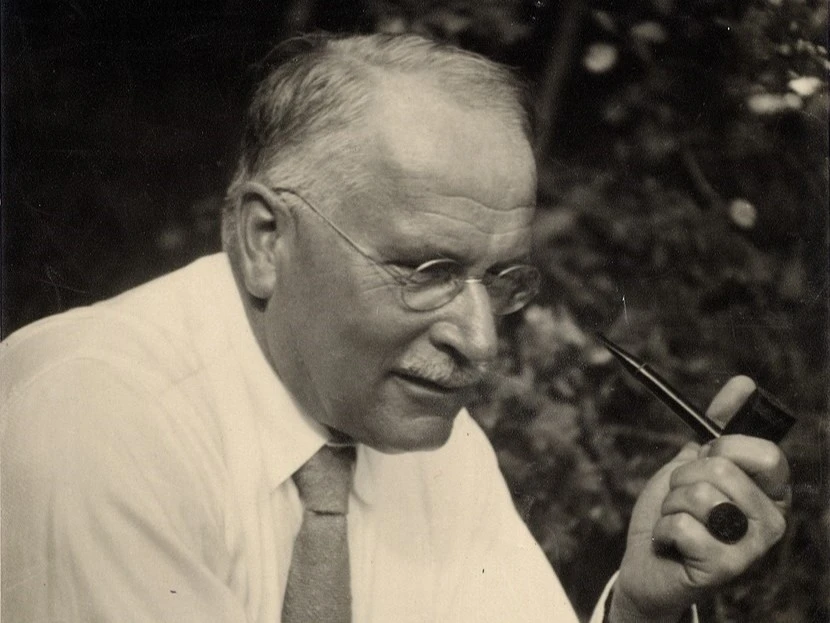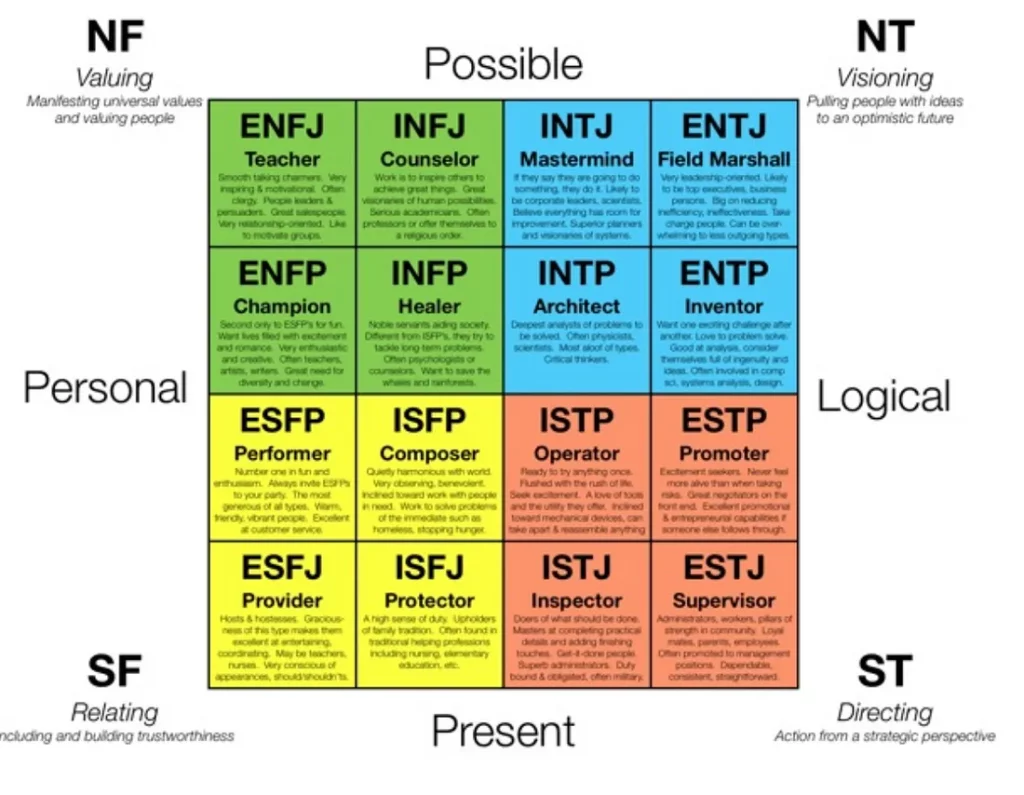Exploring the Depths of Decision-Making in Leadership
‘Until you make the unconscious conscious, it will direct your life and you will call it fate’ – Carl Jung. This is a quote that I often use as part of my leadership development workshops. Usually, it is a signal that we are going to go below the surface and explore parts of our life and in particular our behaviour that we usually don’t take the time to do. This brings some people right out of their comfort zone. Others who may have already dipped a toe into the deep waters of self-discovery, find this type of work a little more familiar and a little less threatening. Such individuals may have already begun to unearth previously hidden triggers behind some of their stickier habits and behaviours.

Carl Jung’s theories on the human psyche provide valuable insights into the unconscious factors that influence decision making in leadership. Image: Unbekannt
Understanding Jung’s Shadow Side Theory
Carl Jung’s work refers to the ‘shadow side’ of the human psyche. Basically, it outlines how, for every up, there’s a down and for every bright spot, there is an opposite and not so sparkly blemish lurking somewhere in the background. His theory suggests that we must embrace and explore the shadow side of ourselves to become fully ‘whole’ and complete.
The Role of Psychometric Tools in Self-Discovery
One of the areas of personal development that I undertook during my career was to become an accredited practitioner of two different psychometric tools, both of which are based on the theory of Dr Jung. Namely, the ‘Myers Briggs Type Indicator’ profile along with the ‘Insights Discovery’ profiling tool. Both tools are based on his theory of personality type and both yield fascinating results in the area of self-awareness and personal development, in my experience.

Exploring the diverse Myers-Briggs personality types helps leaders understand their strengths and blind spots, crucial for effective decision making in leadership. Image: Medium
How Inner Preferences Shape Our Lives
Jung suggested that, we innately come into this world with inner ‘preferences’ which influence how we show up in life. These preference pairs relate to how we get our energy or ‘introversion v’s extraversion’, how we make decisions through our ‘thinking and feeling’ preferences, and how we take in information, which can be via our five senses or in a more visionary/ intuitive kind of way.
Shedding Light on Strengths and Blind Spots
Through the use of psychometrics, I help my clients to understand their persona in the context of Jung’s work. In doing so, we shine a light on the strengths that their type has to offer, and also the not so warm and fuzzy blind spots, which we all have by the way, and which only the brave tend to explore fully.
Are We Really Free Thinkers?
Getting back to the decisions we make throughout our lives, whether it be our preferred brand of coffee or our choice of partner to spend our days with, understanding the impact of decision making in leadership is crucial for personal and organizational growth. Jung’s theory suggests that we may not be the free-thinkers that we have ourselves set out to be. Let’s assume that our unconscious beliefs, values and blind spots are always there, as silent partners in our decision-making process. How then do we know when we are making a well-rounded and thorough decision or if we are simply ‘reverting to type’ and making decisions from the unseen and unknown deeply unconscious beliefs and programming?
The Path to Conscious Decision-Making
The only way to find out? Self-exploration, doing the inner work, seeking feedback, being humble enough to be open to said feedback and knowing when to return the gift of feedback to another, unopened or perhaps to be repurposed and recycled for somebody else.
As the ancient Sufi poet Rumi once said ‘Yesterday, I was clever so I wanted to change the world. Today, I am wise so I am changing myself’.
Want to Enhance Your Decision Making in Leadership?
If you are interested in exploring the journey of self-discovery for you or your team with O’Brien Learning Solutions, contact me directly at now at denise@obrienlearningsolutions.ie or book a call for a free consultation.




